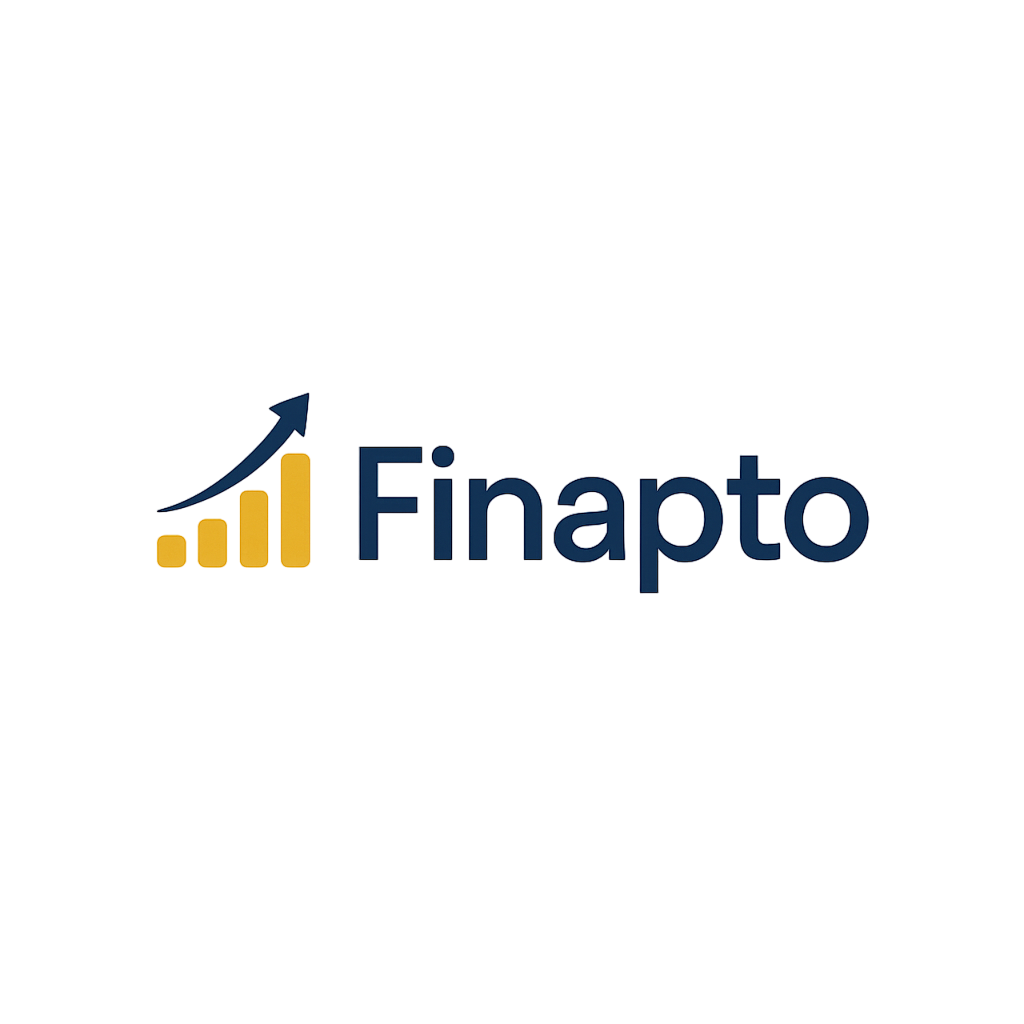Bernstein: Could Google’s ‘Worst’ Actually Be Its Best?

Bernstein: Could Alphabet’s Challenges Turn Into Its Biggest Opportunities?
As Alphabet Inc. (NASDAQ: GOOGL) gears up to report its quarterly earnings, Bernstein analysts are posing a key question: Could the tech giant’s toughest hurdles actually become its greatest catalysts?
In a recently published note, Bernstein analysts, led by Mark Shmulik, reaffirmed their “Market Perform” rating for Alphabet but trimmed their price target from $200 to $165. This new target suggests a modest upside of around 9%. However, the firm emphasized that this moment is about more than just earnings — it could represent a pivotal shift in Alphabet’s trajectory.
Alphabet is navigating a highly complex landscape marked by rising tariffs, recession fears, increasing regulatory scrutiny, and the disruptive impact of AI on its core search business.
Bernstein argues these challenges could serve as a catalyst for long-overdue improvements, such as stronger operational discipline and a more focused product strategy.
For the fiscal year 2024, Alphabet reported revenues of $350 billion. Bernstein projects this figure will climb to $382 billion in 2025 and $423 billion in 2026, reflecting a compound annual growth rate (CAGR) of about 10%.
Earnings before interest, taxes, depreciation, and amortization (EBITDA) are expected to rise from $127.7 billion in 2024 to $158.4 billion by 2026, with margins remaining in the high 30s. Adjusted earnings per share (EPS) are projected to grow from $9.82 in 2024 to $12.10 in 2026.
Nevertheless, Bernstein slightly lowered its 2025 revenue forecast by 2% and its earnings estimate by 3%, citing weakness in YouTube and Google’s broader advertising network — segments more vulnerable to brand advertising slowdowns and macroeconomic pressures.
Currently, Alphabet trades at roughly 17.2 times its estimated 2025 earnings, or 14 times on an adjusted basis — a discount compared to both its historical average and the broader S&P 500. Bernstein’s valuation model blends a 13x enterprise value-to-EBIT multiple with a discounted cash flow (DCF) approach, assuming a 9% weighted average cost of capital and 2.5% terminal growth.
Depending on different scenarios, Bernstein’s analysis places Alphabet’s share value between $102 and $181.
The firm also highlighted key risks, including a bloated workforce, a fragmented AI strategy, and escalating regulatory pressures in both the U.S. and Europe. Ongoing legal challenges surrounding Google’s ad tech business and the Play Store are compared to the antitrust issues Microsoft (NASDAQ: MSFT) faced in the early 2000s.
Despite heavy investment in AI projects like Gemini, NotebookLM, and the now-defunct Pixie, Bernstein notes that Google’s efforts have lacked a unified direction, allowing competitors like OpenAI to capture ground with focused products such as ChatGPT.
Still, Bernstein sees potential upside. If macroeconomic conditions worsen and layoffs accelerate across the tech sector, Alphabet may be forced to implement cost-cutting measures that it has long postponed. Renewed emphasis on operational efficiency and tighter AI integration could boost productivity by as much as 20%.
In a scenario where regulatory actions lead to divestitures or stricter distribution rules, Google could reallocate resources back to its core platforms and transition from a search-centered model to a more AI-driven approach.
One bold idea from Bernstein: repurposing the company’s $36 billion in annual traffic acquisition costs to offer Pixel phones for free during a downturn, thereby deepening customer loyalty and ecosystem integration.
While Alphabet’s exposure to Chinese advertising revenue is relatively limited — around 5%, compared to Meta Platforms’ (NASDAQ: META) 6% — the company remains vulnerable to global shocks. A recession or an increase in tariffs could drag down search advertising growth by up to three percentage points.
Despite these risks, Google Cloud continues to show strength, benefiting from Workspace price increases and growing enterprise IT spending.
New CFO Anat Ashkenazi has emphasized a focus on cost controls, and layoffs continue in sales and marketing teams.
Bernstein categorizes Alphabet as a “very hard” stock to call, given the regulatory, macroeconomic, and AI competitive uncertainties. Yet, the revised $165 price target reflects a middle ground between a $140 downside floor and a $180 upside scenario, assuming a 17x forward 2026 price-to-earnings multiple.








